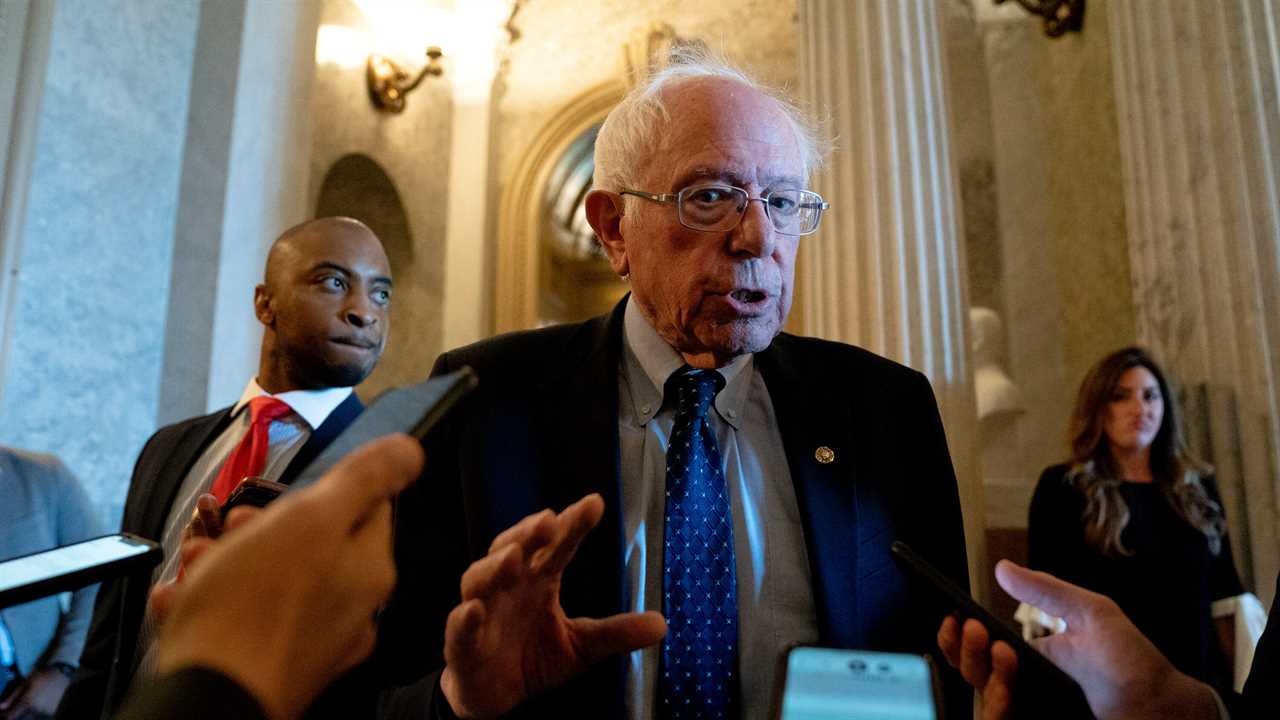
Senator Bernie Sanders, the Vermont independent in charge of the powerful Senate Budget Committee, signaled on Tuesday an openness to adjusting the cap on how much taxpayers can deduct in state and local taxes as he seeks to secure the support of nearly every Democrat in Congress for a multitrillion-dollar economic package.
Some congressional Democrats have warned that they may not support any changes to the tax code that do not also address that provision, put in place during the Trump administration, because of the impact on their constituents.
A draft budget document circulated by staff members on Capitol Hill and obtained by The New York Times included money to address the cap, which primarily increases the tax bills of higher-income residents of high-tax states like New York and California. The funding was not included in Mr. Biden’s original proposals and could amount to a partial repeal of the cap for some taxpayers.
“I have a problem with extremely wealthy people being able to get the complete deduction,” Mr. Sanders said in an interview, though he did not comment on specific details. “I think that’s an issue we’ll have to work on.”
Democrats have begun to move forward to pass some, if not all, of Mr. Biden’s economic agenda through the fast-track budget reconciliation process in order to bypass a Republican filibuster in the Senate. But the openness from Mr. Sanders underscored the breadth of compromises that rank-and-file lawmakers may have to accept to secure the necessary support of all 50 senators who caucus with Democrats and nearly every House Democrat.
Mr. Sanders, who has pushed for as much as $6 trillion in spending should bipartisan negotiations on a narrower infrastructure package collapse, said he had asked Democrats on his committee to outline their priorities as he moves to build consensus around an outline.
“OK, look, what do you think? What kind of numbers you’re comfortable with? And where would you like to cut back?” Mr. Sanders said as he described his approach. “We haven’t heard a lot about the cutting back.”
But he acknowledged the challenge in such maneuvers even as he pushes for various liberal priorities, including expanding Medicare benefits and eligibility and more spending. “We’re going to have to make sure that we end up with numbers that 50 members can agree on,” he said.
Mr. Sanders said he had not yet received a commitment from every senator for a $6 trillion package, even as he warned that a bipartisan infrastructure agreement would clear the Senate only with the promise that every Democrat would also support a reconciliation package.
“We’re going to have to work hard, and, you know, make some trade-offs, and so forth and so on,” he said. “I am more than willing to speak to every member and hear what they have to say.”






